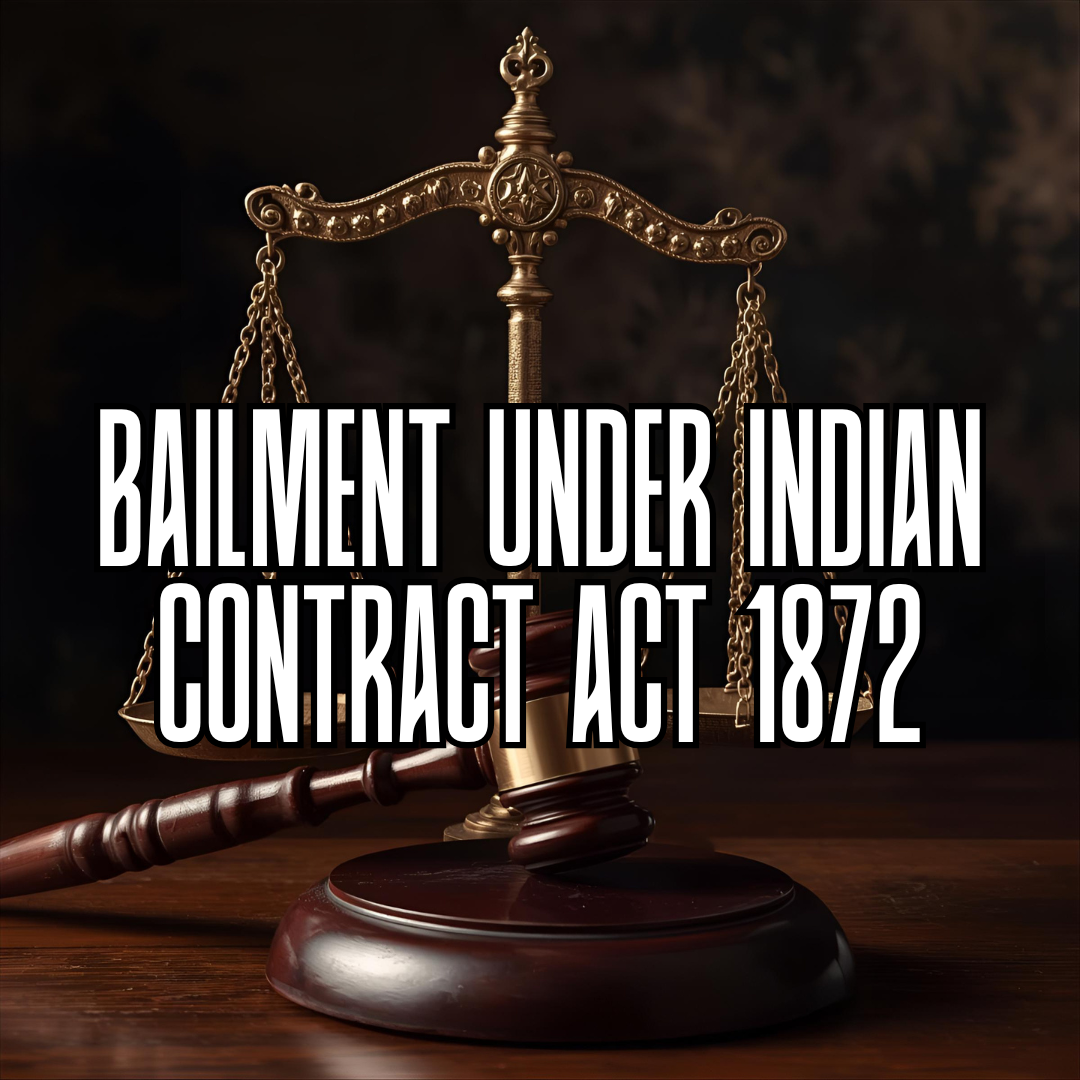1. Facts of the Case
- ‘A’, residing in Agra, places an order with ‘B’, a merchant from Bombay, for certain specified goods.
- ‘B’ dispatches the ordered goods to ‘A’, but along with them, he also sends additional goods which were not ordered by ‘A’.
- These extra goods were sent without A’s consent and were not part of the original contract.
- ‘A’ now faces a question of what legal action or responsibility arises regarding the goods not ordered.
Thus, the core issue revolves around the rights and duties of the buyer when the seller delivers unsolicited goods that were never contracted for.
2. Issues in the Case
- Whether ‘A’ is legally bound to accept and pay for the extra goods that he did not order.
- What are the legal rights and obligations of the buyer under the Indian Contract Act, 1872, and the Sale of Goods Act, 1930, when unsolicited goods are delivered.
- Can ‘A’ treat the extra goods as gifts or must he return or store them for the seller?
- Whether sending goods not ordered constitutes an offer, and what amounts to acceptance of such goods.
3. Legal Principles Covered
a) Under the Indian Contract Act, 1872
- Section 2(h) defines a contract as an agreement enforceable by law.
- For a valid contract, there must be:
- Offer and Acceptance,
- Lawful Consideration,
- Free Consent, and
- Intention to Create Legal Obligation.
- Sending goods without an order does not amount to a valid contract, as there is no acceptance and no mutual consent.
b) Under the Sale of Goods Act, 1930
- Section 4 – Contract of Sale:
- A contract of sale is made when the seller transfers or agrees to transfer property in goods to the buyer for a price.
- In this case, for the unsolicited goods, there is no such agreement between ‘A’ and ‘B’.
- Section 31 – Duties of Seller and Buyer:
- The seller is bound to deliver the goods contracted for, and the buyer is bound to accept and pay for those goods only.
- Hence, ‘A’ is not obliged to accept or pay for the goods not ordered.
- Section 42 – Acceptance of Delivery:
- A buyer is deemed to have accepted the goods when he:
- Intimates to the seller that he has accepted them; or
- Does any act inconsistent with the ownership of the seller (e.g., uses or sells them); or
- Retains the goods beyond a reasonable time without intimating rejection.
- Therefore, ‘A’ must not use or sell the extra goods, otherwise it may be treated as acceptance.
- A buyer is deemed to have accepted the goods when he:
- Section 71 of the Indian Contract Act – Responsibility of Finder of Goods:
- A person who finds goods belonging to another has the same responsibility as a bailee.
- Thus, ‘A’ should take reasonable care of the extra goods and notify ‘B’ to take them back.
c) Case Laws Supporting the Principle
- Lilly White v. Mannuswamy (AIR 1966 Mad 13)
- The court held that no liability arises when goods or services are not requested or ordered.
- Acceptance can only arise through voluntary consent.
- Keighley Maxsted & Co. v. Durant (1901) AC 240
- A contract entered into without authority cannot be ratified unless the other party knew the principal’s identity.
- Similarly, sending goods without buyer’s authority does not create contractual liability.
- Union of India v. Chaman Lal Loona & Co. (1957 AIR 652 SC)
- The Supreme Court reiterated that delivery of goods not ordered cannot impose any obligation on the receiver to pay or accept.
d) Application of Legal Principles
- There was a valid contract between ‘A’ and ‘B’ for specified goods only.
- The extra goods were not part of the agreement and were sent without A’s consent, hence no contractual obligation arises regarding those goods.
- According to Section 31 of the Sale of Goods Act, ‘A’ is bound to accept only the goods he ordered.
- However, under Section 71 of the Contract Act, ‘A’ must act as a bailee—that is, he must take reasonable care of the unsolicited goods and inform ‘B’ to collect them.
- If ‘A’ uses or sells the goods, it may be construed as acceptance, and ‘A’ could become liable to pay for them.
4. Possible Judgement
Findings:
- The delivery of unsolicited goods by ‘B’ does not constitute a binding contract.
- There was no offer and acceptance regarding the additional goods.
- ‘A’ is not legally bound to accept or pay for the extra goods.
- However, ‘A’ must exercise reasonable care as a bailee and notify ‘B’ about the goods.
- If ‘A’ retains or uses the goods, it may amount to implied acceptance, making him liable to pay their value.
Judgement:
The court would hold that ‘A’ is not bound to accept or pay for the goods not ordered, as there was no valid contract for those goods under the Indian Contract Act, 1872 and the Sale of Goods Act, 1930.
‘A’ should inform ‘B’ and hold the goods safely until they are collected, fulfilling his duty as a bailee under Section 71.
Therefore, ‘B’ cannot sue ‘A’ for the price of unsolicited goods.
About lawgnan:
Explore how the delivery of unsolicited goods is treated under the Indian Contract Act, 1872 and the Sale of Goods Act, 1930. Learn why acceptance and consent are essential to form a valid contract and how a buyer’s responsibility is limited to acting as a bailee for unrequested goods. Understand the legal position with reference to landmark cases like Lilly White v. Mannuswamy and Union of India v. Chaman Lal Loona & Co.. Visit Lawgnan.in for simplified, exam-ready case summaries, law notes, and concepts explained clearly for LLB students and legal professionals.




